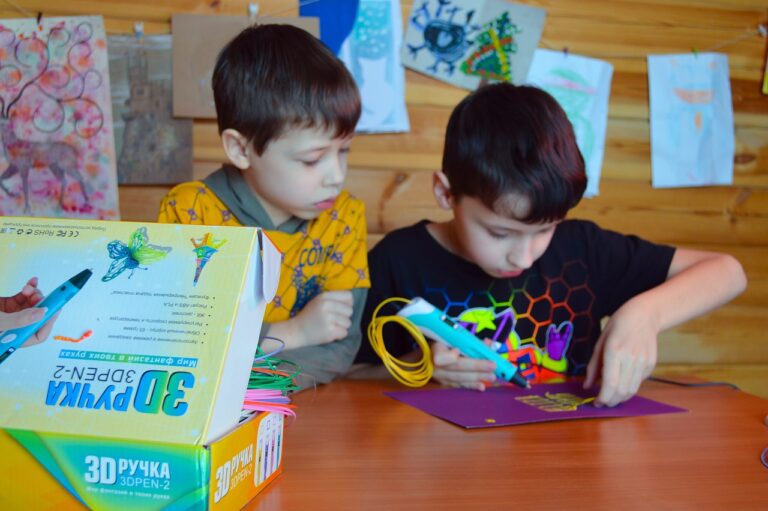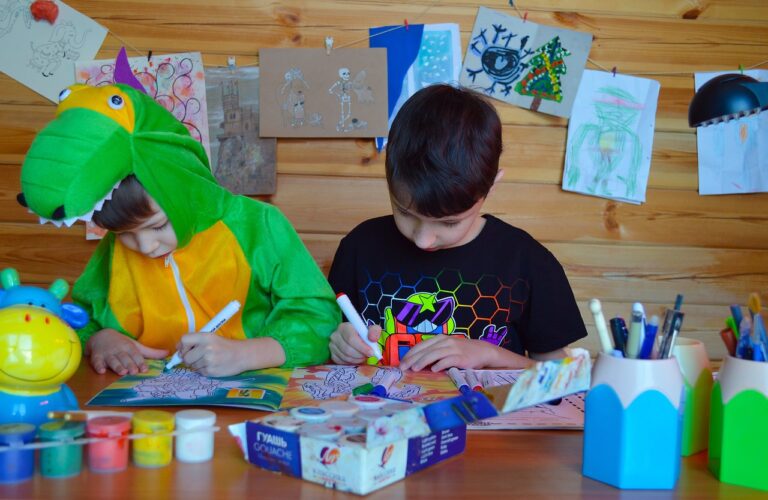Implementing Peer Tutoring Programs
Peer tutoring programs provide a unique learning experience for both tutors and tutees. Students who take on the role of tutors can enhance their own understanding of the material by teaching it to others. This process reinforces their knowledge and boosts their confidence in their abilities. On the other hand, tutees benefit from personalized attention and guidance, which can help clarify concepts and improve their academic performance.
Furthermore, peer tutoring programs foster a sense of community and collaboration among students. By working together in a peer-to-peer setting, students can develop strong communication skills, build relationships, and create a supportive learning environment. This collaborative approach not only enhances the academic experience but also promotes a positive and inclusive school culture.
How to Start a Peer Tutoring Program
To begin a peer tutoring program, the first step is to clearly define the goals and objectives of the program. Identifying the specific academic areas where students may need extra support can help in targeting the resources and efforts effectively.
Next, establish guidelines and expectations for both tutors and tutees. Clearly outlining the roles and responsibilities of each participant can help in fostering a structured and productive learning environment. It’s important to communicate these guidelines clearly and ensure that all participants understand their respective roles in the program.
What are the benefits of peer tutoring programs?
Peer tutoring programs provide a supportive learning environment, promote collaboration among students, increase academic achievement, boost confidence, and improve communication skills.
How do I start a peer tutoring program?
To start a peer tutoring program, you should identify students who are interested in tutoring, establish guidelines and expectations for tutors and tutees, provide training for tutors, match tutors with tutees based on subject areas, and monitor the progress of the program.
Can peer tutoring programs be implemented in different subjects?
Yes, peer tutoring programs can be implemented in various subjects such as math, science, language arts, and social studies. It is important to match tutors with tutees based on their strengths and areas of improvement.
How can students benefit from participating in a peer tutoring program?
Students can benefit from participating in a peer tutoring program by receiving academic support, building friendships, developing leadership skills, gaining a deeper understanding of the subject matter, and improving their overall academic performance.
How can schools support and promote peer tutoring programs?
Schools can support and promote peer tutoring programs by allocating resources for training and materials, recognizing the achievements of tutors and tutees, integrating tutoring sessions into the school schedule, and seeking feedback from participants to continuously improve the program.





